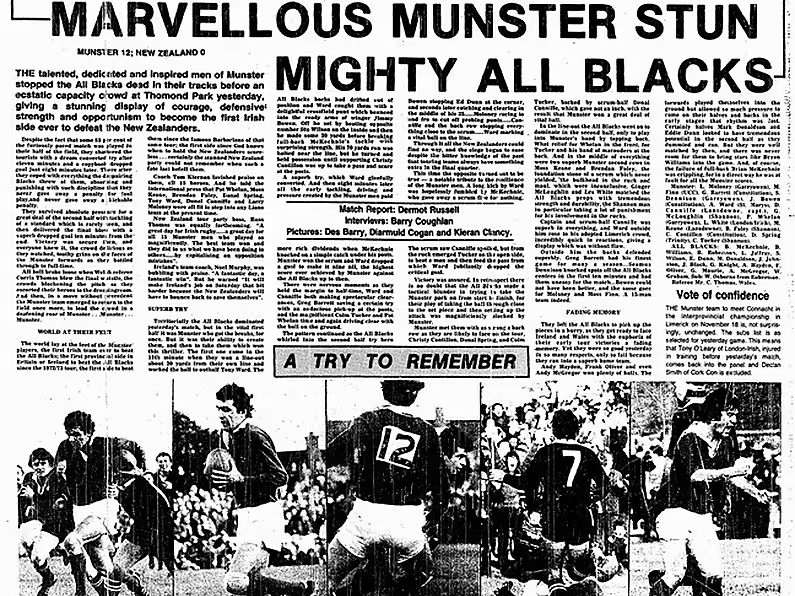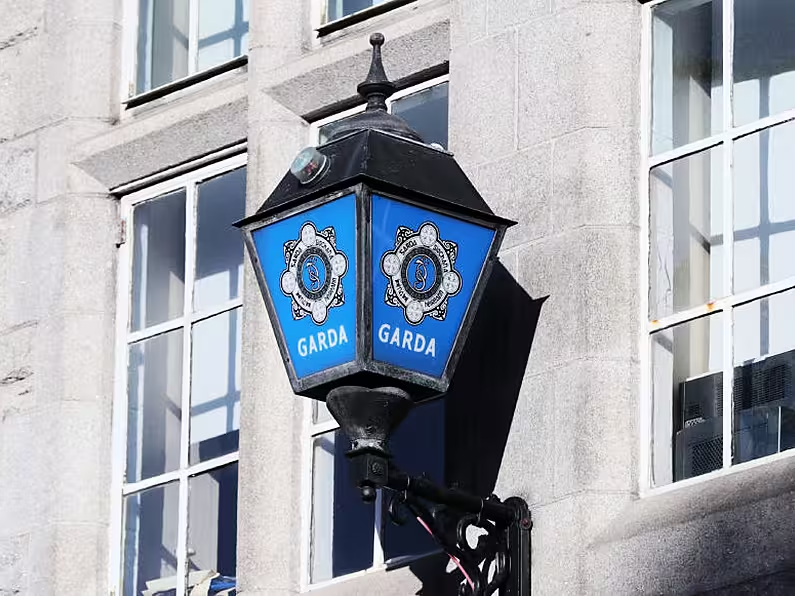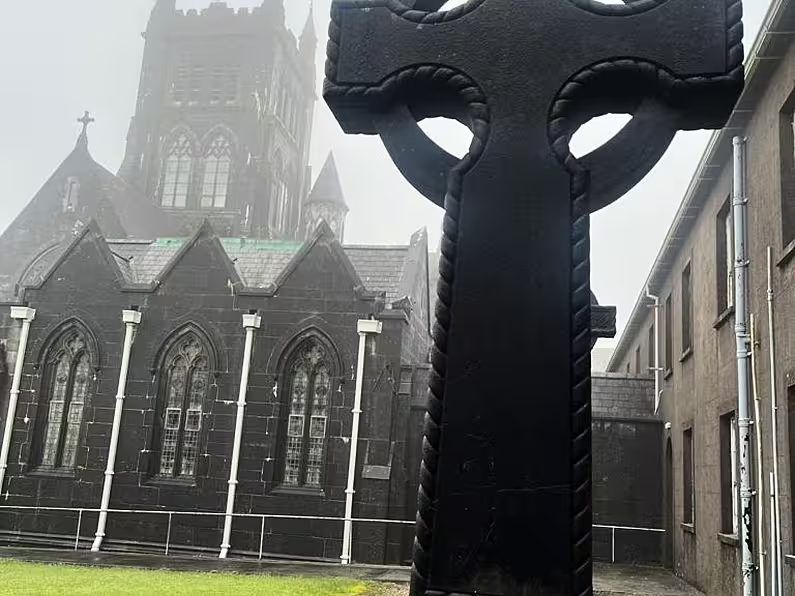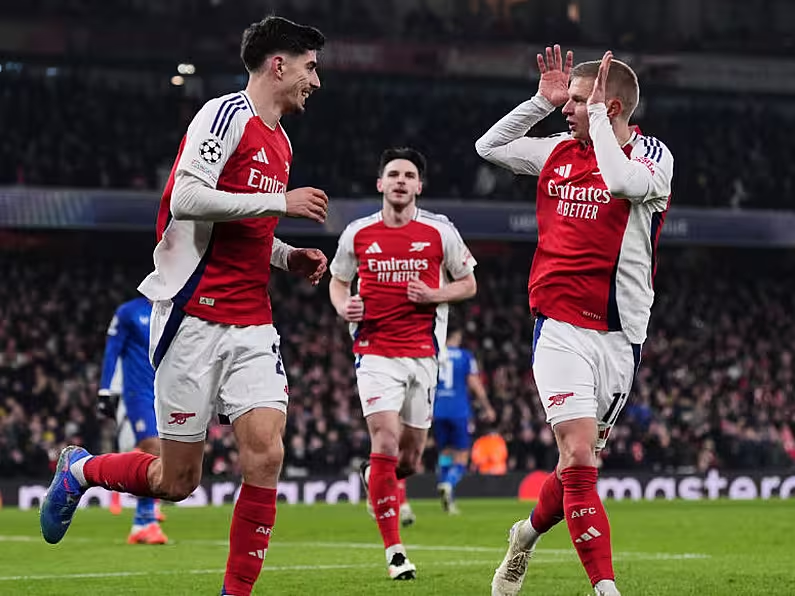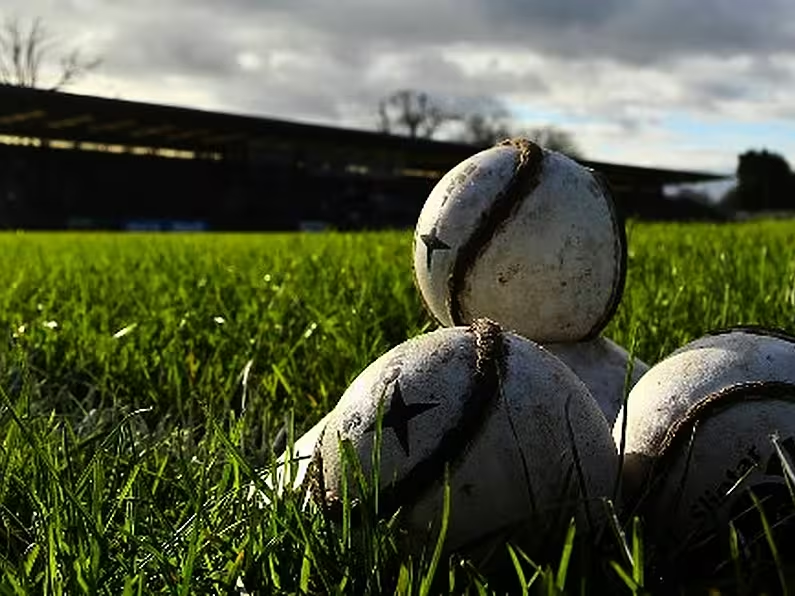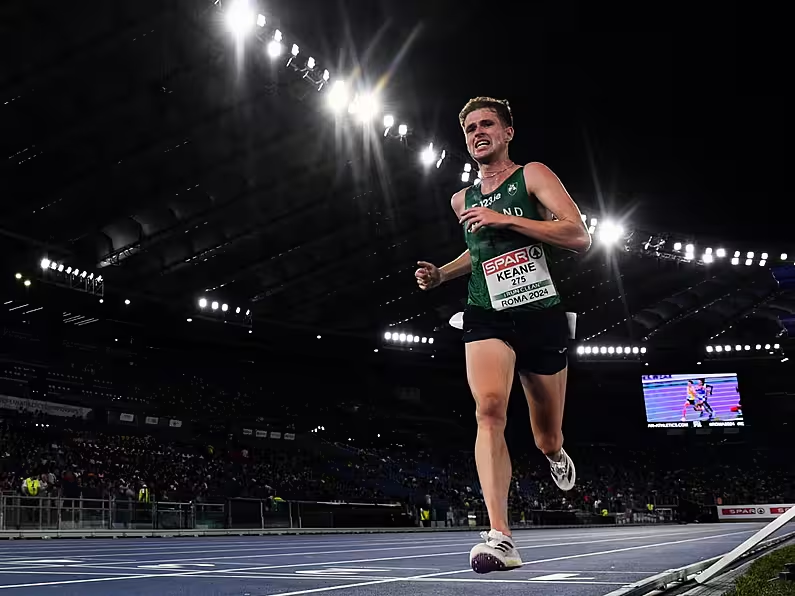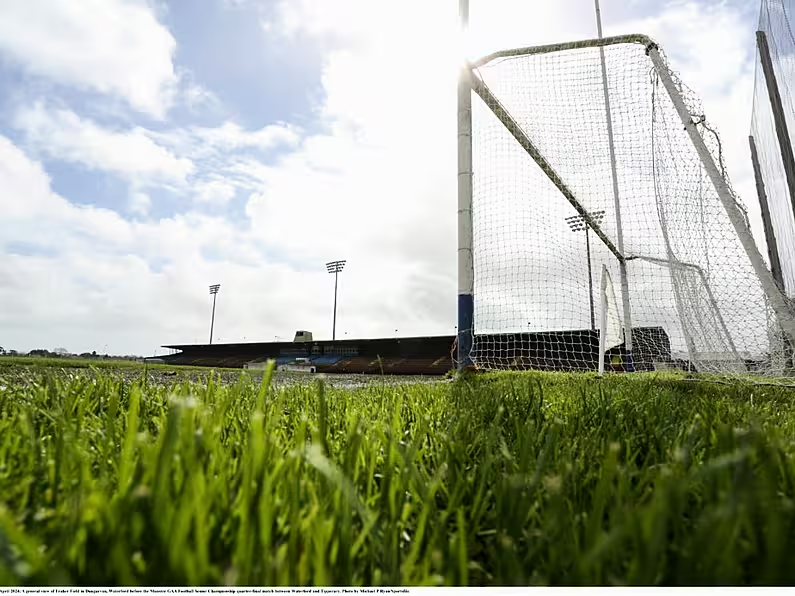THE MATCH: How it happened
The talented, dedicated and inspired men of Munster stopped the All Blacks dead in their tracks before an ecstatic capacity crowd at Thomond Park yesterday, giving a stunning display of courage, defensive strength and opportunism to become the first Irish side ever to defeat the New Zealanders.
Despite the fact that some 85 per cent of the furiously paced match was played in their half of the field, they shattered the tourists with a dream converted try after eleven minutes and a copybook dropped goal just eight minutes later. There after they coped with everything the despairing Blacks threw at them, absorbing and punishing with such discipline that they never gave away a penalty for foul play, and never gave away a kickable penalty.
They survived absolute pressure for a great deal of the second half with tackling of a standard that is rarely seen, and then delivered the final blow with a superb dropped goal ten minutes from the end. Victory was secure then, and everyone knew it, the crowd delirious as they watched, toothy grins on the faces of the Munster forwards as they battled through to full-time.
All hell broke loose when Welsh referee Corris Thomas blew the final whistle, the crowds blackening the pitch as they escorted their heroes to the dressing room. And then, in a move without precedent, the Munster team emerged to the field once more, to lead the crowd to a deafening roar of Munster...Munster...Munster.
WORLD AT THEIR FEET
The world lay at the feet of the Munster players, the first Irish team ever to beat the All Blacks; the first provincial side in Britain or Ireland to beat the All Blacks since the 1972/73 tour; the first side to beat them since the famous Barbarians of that same tour; the first side since God knows when to hold the New Zealanders scoreless… certainly the stunned New Zealand party could not remember when such a fate last befell them.
Coach Tom Kiernan lavished praise on them, all 15 heroes. And he told the international press that Pat Whelan, Moss Keane, Brendan Foley, Donal Spring, Tony Ward, Donal Canniffe and Larry Moloney were all fit to step into any Lions team at the present time.
New Zealand tour party boss, Russ Thomas was equally forthcoming. “A great day for Irish rugby… a great day for all 15 Munster men who played so magnificently. The best team won and they did to us what we have been doing to others… by capitalising on opposition mistakes.” Ireland’s team coach, Noel Murphy, was bubbling with praise. “A fantastic day, a fantastic win.” But he warned “It will make Ireland’s job on Saturday that bit harder because the New Zealanders will have to bounce back to save themselves.”
SUPERB TRY
Territorially the All Blacks dominated yesterday’s match, but in the vital first half it was Munster who got the breaks, for once. But it was their ability to create them, and then to take them which won this thriller. The first one came in the 11th minute when they won a line-out about 30 yards from their own line and worked the ball to outhalf Tony Ward. The All Blacks had drifted out of position and Ward caught them with a delightful crossfield punt which bounced into the ready arms of winger Jimmy Bowen. Off he set by beating opposite number Stu Wilson on the inside and then he made some 30 yards before breaking full-back McKechnie’s tackle with surprising strength. His 70 yards run was halted near the line, but he turned and held possession until supporting Christy Cantillon was up to take a pass and score at the posts.
A superb try, which Ward gleefully converted. And then eight minutes later all the early tackling, driving and pressure by the Munster men paid more rich dividends when McKechnie knocked on a simple catch under his posts. Munster won the scrum and Ward dropped a goal to make it nine nil, the highest score ever achieved by Munster against the All Blacks up to then.
There were nervous moments as they held the margin until half-time, Ward and Canniffe both making spectacular clearances, Greg Barrett saving a certain try with an audacious pick-up at the posts, and the magnificent Colm Tucker and Pat Whelan time and again driving clear with the ball on the ground.
The pattern continued as the All Blacks whirled into the second half, try hero Bowen stopping Ed Dun at the corner, and seconds later catching and clearing in the middle of his 25... Moloney racing to and fro to cut off probing punts...Canniffe and the new back row stopping everything close to the scrum… Ward marking a vital ball on the line.
Through it all the New Zealanders could find no way, and the siege began to ease despite the bitter knowledge of the past that touring teams always have something extra in the final quarter.
This time the opposite turned out to be true- a notable tribute to the resilience of the Munster men. A long kick by Ward was hopelessly fumbled by McKechnie, who gave away a scrum five for nothing. The scrum saw Canniffe spoiled, but from the ruck emerged Tucker on the open side, to beat a man and then feed the pass from which Ward jubilantly dropped the critical goal.
Victory was assured. In retrospect there is no doubt that the All Blacks made a tactical blunder in trying to take the Munster pack on from the start to finish, for their ploy of taking the ball through close to the set piece and then setting up the attack was magnificently blocked by Munster.
Munster met them with as strong a back row that they are likely to face on the tour, Christy Cantillon, Donal Spring, and Colm Tucker, backed by scrum-half Donal Canniffe, which gave not an inch, with the result that Munster won a great deal of vital ball.
In the line-out the All Blacks went on to dominate the second half, only to play into Munster’s hand by tapping back. What a relief for Whelan in the front, for Tucker and his band of marauders at the back. And in the middle of everything were two superb Munster second rows in Moss Keane and Brendan Foley, the foundation stone of a scrum which never yielded, the bulkhead in the ruck and maul, which were inconclusive. Ginger McLoughlin and Les White matched the All Blacks props with tremendous strength and durability, the Shannon man in particular taking a lot of punishment for his involvement in the rucks.
Captain and scrum-half Canniffe was superb in everything, and Ward outside him rose to his adopted Limerick crowd, incredibly quick in reactions, giving a display which was without flaw.
Outside him the backs defended superbly. Greg Barrett had his finest display for many a season… Seamus Dennison knocked spots off the All Blacks in the first ten minutes and had them uneasy for the match… Bowen could not have been better, and the same goes for Moloney and Moss Finn. A 15-man team indeed.
FADING MEMORY
They left the All Blacks to pick up the pieces in a hurry, as they get ready to face Ireland and Wales with the euphoria of their early tour victories a fading memory. Yet they were so good yesterday in so many respects, only to fail because they ran into a superb team.
Andy Hayden, Frank Oliver and even Andy McGregor won plenty of balls. The forwards played themselves into the ground but allowed so much pressure to come on their halves and back in the early stages that rhythm was lost. Certainly halves Mark Donaldson and Eddie Dunn looked to have tremendous potential in the second half as they dummied and ran. But they were well matched by then, and there was never room for them to bring stars like Bryan Williams into the game. And, of course, the failure of Bryan McKechnie was crippling, for in a direct way he was at fault for all of the Munster scores.
Munster: L. Moloney (Garryowen), M. Finn (UCC), G. Barrett (Constitution), S. Dennison (Garryowen), J. Bowen (Constitution), A. Ward (St Mary’s), D. Canniffe (Lansdowne, capt.), G. McLoughlin (Shannon), P. Whelan (Garryowen), L. White (London/Irish), M. Keane (Lansdowne), B. Foley (Shannon), C. Cantillon (Constitution), D. Spring (Trinity), C. Tucker (Shannon).
All Blacks: B. McKechnie, B. Williams, B. Robertson, L. Jaffray, S. Wilson, E. Dunn, M. Donaldson, J. Johnston, J. Black, G. Knight, A. Hayden, F. Oliver, G. Maurie, A. McGregor, W. Graham.
Sub: W. Osborne from Robertson.
Referee: Mr. C. Thomas, Wales.
By Dermot Russell - Irish Examiner



